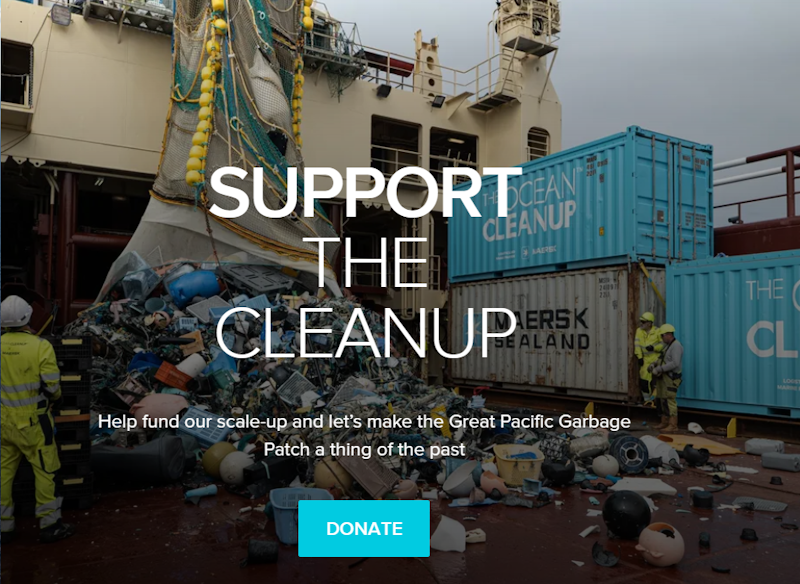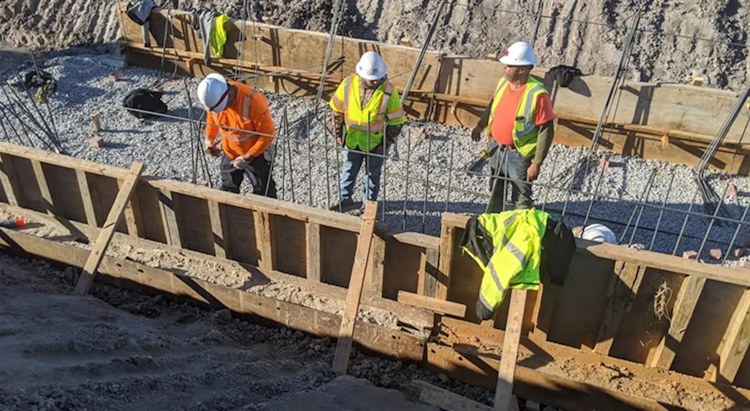In our modern societies, we produce enormous quantities of waste. Many people view this waste as an environmental problem, which is absolutely true. However, we could also see it as a valuable opportunity.
Waste as a Resource: An Innovative Approach
The myth that all waste is simply detritus that must be disposed of must be dispelled. We are facing a completely new situation. Waste is increasingly perceived as a valuable resource that can be exploited. It represents a second-hand economy.
From plastic packaging to old electronics, from worn-out clothing to antique furniture, almost any waste can be recycled into new products or materials. It’s an approach that has the potential to radically change the perception, and more importantly, the impact, of waste.
From Waste to Value Creation: Inspiring Examples of Recycled Products
Take the example of Dell, the technology company. They created a program called “Dell Reconnect” that recycles old and unused computers into new products. Not only does this reduce the need to extract limited minerals for the production of new products, but it also creates jobs and saves energy.
But innovation in waste management isn’t limited to large corporations. Many startups are demonstrating astonishing innovation. For example, Got Bag, a German company that makes backpacks from recycled plastic recovered from the ocean.
Circular Economy: Transforming Our Trash into Treasure
We must view our waste as a valuable resource and no longer as a burden on our environment. The circular economy is one way we can achieve this goal. It means “reuse, repair, remake” instead of “take, make, throw.”
Regenerating our resources and creating return systems so that end-of-life products are reintroduced into the production system can transform waste management into a profitable sector. Notably, the European Commission has estimated that the transition to a circular economy could create 700,000 jobs in Europe by 2030.
In short, we have a real treasure hidden in our waste. It is therefore essential that we change our mindset and start viewing our waste as a valuable resource that can add value to our economy. This will not only help us solve our environmental problems, but also stimulate economic growth and create jobs.
Smart Urban Waste Management: A Key to the City of Tomorrow
In today’s ever-changing world, urban waste management has become a major challenge for the cities of the future. Population growth and urbanization have led to increased waste production, requiring a smart and sustainable approach to waste management. To preserve the environment and improve citizens’ quality of life, smart waste management is essential. This involves investing in innovative community technologies to facilitate waste recycling by residents.
The Challenges of Urban Waste Management
Urban waste management faces numerous challenges, including the growing amount of waste produced, environmental pollution, and economic constraints. To address these challenges, a holistic and integrated approach is required, combining waste collection, treatment, and recovery.
Efficient Waste Collection
In a smart city, just like mobility issues, improved waste collection management has a direct beneficial impact on the ecological and environmental aspects of the area, as well as on the well-being of residents. The use of a smart system, such as connected trucks and dumpster rentals, makes it possible to optimize collection transportation methods and collect accurate data in real time, particularly on routes and bin fill levels.
This smart system integrates connected sensors that measure waste fill volume. Analysis of the transmitted data makes it possible to adapt collection routes and vehicle transit times according to the population’s needs. This provides a more accurate assessment of the data.
By integrating these smart technologies, a more efficient and sustainable waste management system is implemented, reducing unnecessary journeys and optimizing resource use. This helps improve residents’ quality of life by reducing environmental pollution while promoting more efficient vehicle use.



